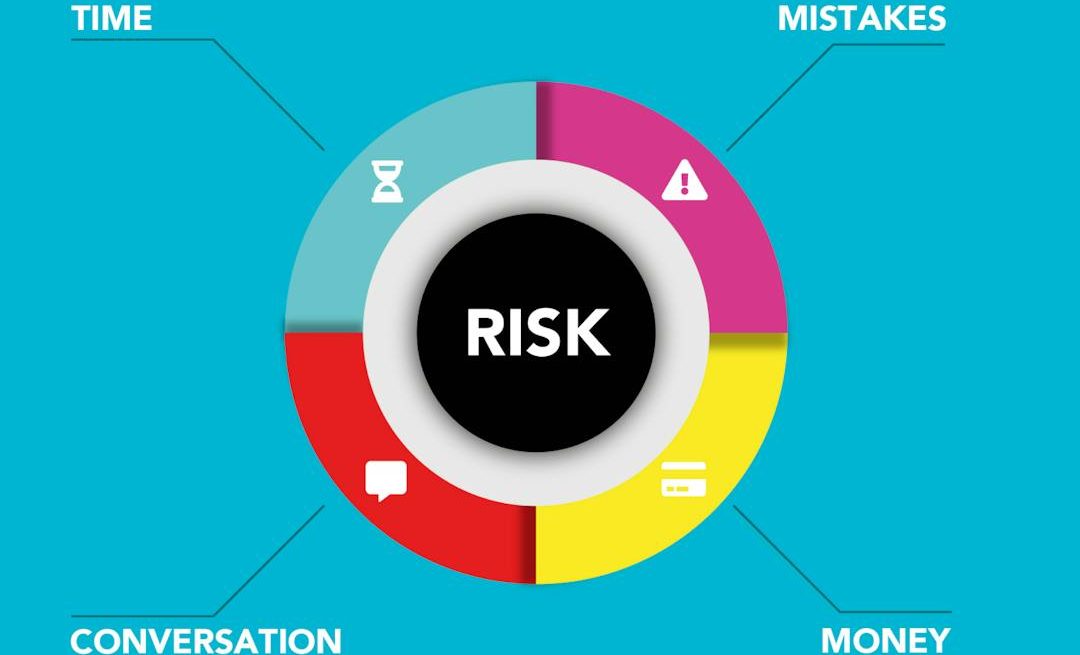How F&B Companies Can Mitigate Some of the Industry’s Biggest Risks
4 Min Read By Tammy Gamble
Already one of the largest sectors of the global economy, the food and beverage industry shows no signs of slowing down. In fact, according to the Business Research Company’s 2023 Food and Beverages Global Market Report, the global industry’s market size grew over 7.3 percent from $6,729.54 billion in 2022 to $7,221.73 billion in 2023 in one year alone.
Given its expanding market share, it’s become increasingly critical for businesses to plan for and be aware of some of the industry’s greatest risks of disruption. With more potential challenges than ever to account for, leaders in the food and beverage space must approach challenges proactively to avoid adverse impacts to operations, reputation, and profitability.
Below are effective ways that some of the most common industry risks can be mitigated.
Implement a Thorough Quality Control Process
It’s absolutely necessary for companies to be rigorous about following strict quality control practices throughout the supply chain. This is because food and beverage contamination can lead to significant health risks for consumers and the potential for costly legal battles down the road. Not to mention a tarnished brand reputation that can have negative impacts on consumer loyalty for years to come. Failing to mind quality and food safety measures can also lead to large-scale product recalls that wreak havoc on the financial health of a company.
To avoid these consequences, food and beverage businesses should be enforcing a series of protocols to ensure quality control. Through frequent facility inspections, product testing, and production assessments, management should be able to identify risks to food safety like improper temperature control and cross-contamination concerns before they pose a risk to consumers.
Partner with a Diverse Set of Trustworthy Suppliers
Quality control practices should apply not only to a company’s own facilities and production plants, but those of their suppliers and partners as well. It’s crucial for businesses to work with trusted partners that align with their commitments to food safety and compliance to avoid any potential liabilities as a result of third party errors or oversights.
Additionally, partnering with an unreliable supplier can lead to significant supply chain risks. Any disruptions to their business can lead to disruptions to yours, whether it’s a transportation issue or challenges procuring raw materials. Even unavoidable events like natural disasters and pandemics can have significant negative financial impacts in the form of increased costs and decreased production capacity.
To avoid major disruptions, food and beverage companies should build a diverse portfolio of trusted partners. They should also identify alternative suppliers and/or stockpile a healthy supply of key ingredients in their facilities as contingencies.
Invest in Market Research
Understanding not only the habits and behaviors of your consumers, but also your competitors is critical knowledge in a crowded marketplace. In today’s age, trends, preferences, and diet culture are forever changing, and companies that don’t evolve accordingly risk losing customers and revenue to their competitors that do. To avoid loss of market share, companies should invest in consumer and competitor research to better understand what they are up against and ensure they remain a leader in the market.
To maintain relevance, companies must look to data to drive product development, branding, and marketing strategies. For example, consumers are becoming increasingly conscientious of the sustainability practices of the brands they purchase from. Are you taking action to reduce pollution and energy consumption at your plant? If not, you may want to reassess your processes.
Research can also help companies effectively attract niche markets and understand what drives consumers to competitors so that best practices can be replicated.
Maintain Compliance with Government Regulations
One of the most common ways that food and beverage businesses find themselves in hot water is a failure to comply with regulations around product labeling, food safety, and product quality. This can lead to very costly consequences in the form of lofty fines or even legal actions that can have long lasting reputational impacts.
Education and awareness are critical in ensuring compliance with ever changing rules and regulations. Management should have a designated internal compliance leader to monitor new rules as they are passed into law and create plans for enforcing the necessary operational and process changes. Working with an outside consultant can also be helpful as a third-party advisor to oversee your compliance program.
Foster a Risk Management Culture
Creating and fostering a culture that emphasizes the importance of risk management in the avoidance of costly downtime can make all the difference in mitigating common food and beverage industry risks. Staff training around how to identify, assess, and respond to challenges ranging from equipment breakdowns to cybersecurity breaches can avoid significant negative impacts to business.
Vulnerabilities in equipment and technology should be regularly tested to ensure that your workers, products, and data are safe. In an increasingly digital world, cyber practices like encryption and limiting access to important systems should be standard across the food and beverage industry.
In a growing and ever-changing market, the food and beverage industry is increasingly susceptible to business risks. Whether it’s keeping yourself accountable for food safety practices or performing regular consumer surveys to give your brand a competitive advantage, there are a number of proactive actions food and beverage businesses should be taking to identify and mitigate risks before they lead to costly disruptions.


